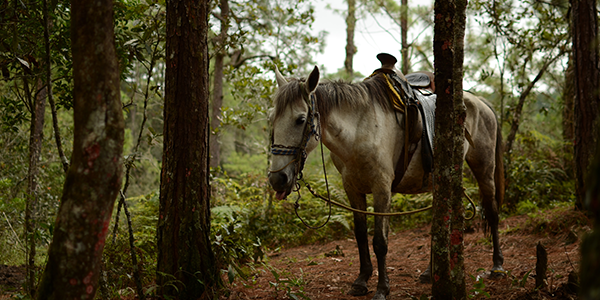What you’re feeding your horses is important. When grass is cut for hay, it is then dried and stored. This process is a little counter-intuitive because the grass will begin to lose a lot of its nutritional value. Feeding your horses without vitamin C, vitamin D, vitamin E, and vitamin A, and omega-3 is not great. However, by the time it becomes hay, it is not enough to make sure that you’re horses are healthy. Also, if you are looking for a horse property for sale in Colorado, contact Colorado Horse Property today and speak with one of our horse-person realtors.
Feeding Your Horses
Your horses can get these nutrients from the fresh grass growing in your pasture. However, what about during the harsh Colorado winter when the grass dies and covered with snow? During the winter in Colorado, the days are shorter and therefore there is less sunlight. Making sure your horse gets enough vitamin D is important to insure healthy joints and muscles in your animals. During the cold months your horses need a supplement to make up for the lack of nutrients.
Fortunately there are plenty of alternatives that you can purchase for your horses to make sure they get all the vitamins they need to stay strong, most notable of which is alfalfa. Alfalfa is a leguminous plant with clover-like leaves and bluish flowers. This plant is high in protein which is great for your animals.
You can even mix in the hay that you already have with the alfalfa so that you don’t have to waste anything. This type of diet will protect your horse’s muscles, joints, feet, skin, hair and bones fed, and protecting his blood and immune function. Alfalfa also serves as a stomach buffer against developing an ulcer, a common occurrence when a horse is stalled during the winter after being used to full-time turnout.

